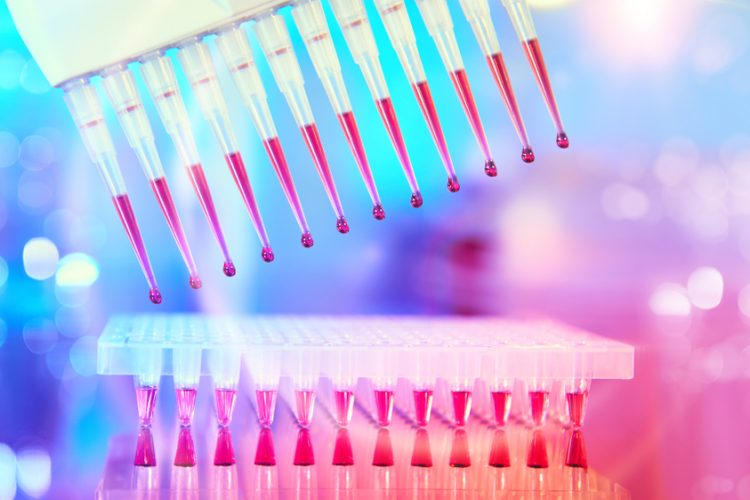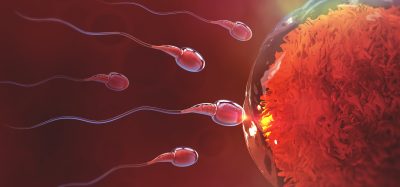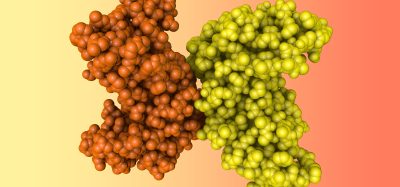Screening reveals modulators of macrophage training and SARS CoV-2 infection
Posted: 16 September 2022 | Victoria Rees (Drug Target Review) | No comments yet
Researchers screened biologically active small molecules, finding several compounds with the ability to induce training effects on macrophages.


Researchers from the US National Institutes of Health (NIH) screened biologically active small molecules to identify regulators of tumour necrosis factor (TNF) induction; the team report that they found several compounds with the ability to induce training effects on human macrophages.
According to the scientists, biologically active small molecules can impart modulatory effects, in some cases, providing extended long-term memory.
Following the screening, as outlined in the journal Cell Reports, the researchers found that rutaecarpine showed acute and long-term modulation, enhancing lipopolysaccharide (LPS)-induced pro-inflammatory cytokine secretion and relieving LPS tolerance in human macrophages. They revealed that rutaecarpine inhibits β-glucan-induced H3K4Me3 marks at the promoters of several proinflammatory cytokines, highlighting the potential of this molecule to modulate chromosomal topology.
Automation now plays a central role in discovery. From self-driving laboratories to real-time bioprocessing
This report explores how data-driven systems improve reproducibility, speed decisions and make scale achievable across research and development.
Inside the report:
- Advance discovery through miniaturised, high-throughput and animal-free systems
- Integrate AI, robotics and analytics to speed decision-making
- Streamline cell therapy and bioprocess QC for scale and compliance
- And more!
This report unlocks perspectives that show how automation is changing the scale and quality of discovery. The result is faster insight, stronger data and better science – access your free copy today
Syk kinase inhibitor (SYKi IV), another screen hit, promoted an enhanced response to LPS similar to that previously reported for β-glucan-induced training. Macrophages trained with SYKi IV show a high degree of resistance to influenza A, multiple variants of SARS-CoV-2 and OC43 coronavirus infection. The researchers say that these findings highlight a potential application of this molecule and other Syk kinase inhibitors as prophylactic treatments for viral susceptibility.
NEWS: A bioluminescence resonance energy transfer sensor has been developed to report changes in intracellular Ca2+ concentrations during screening…
Related topics
Drug Development, Drug Discovery, High-Throughput Screening (HTS), Screening
Related conditions
Covid-19
Related organisations
US National Institutes of Health (NIH)








